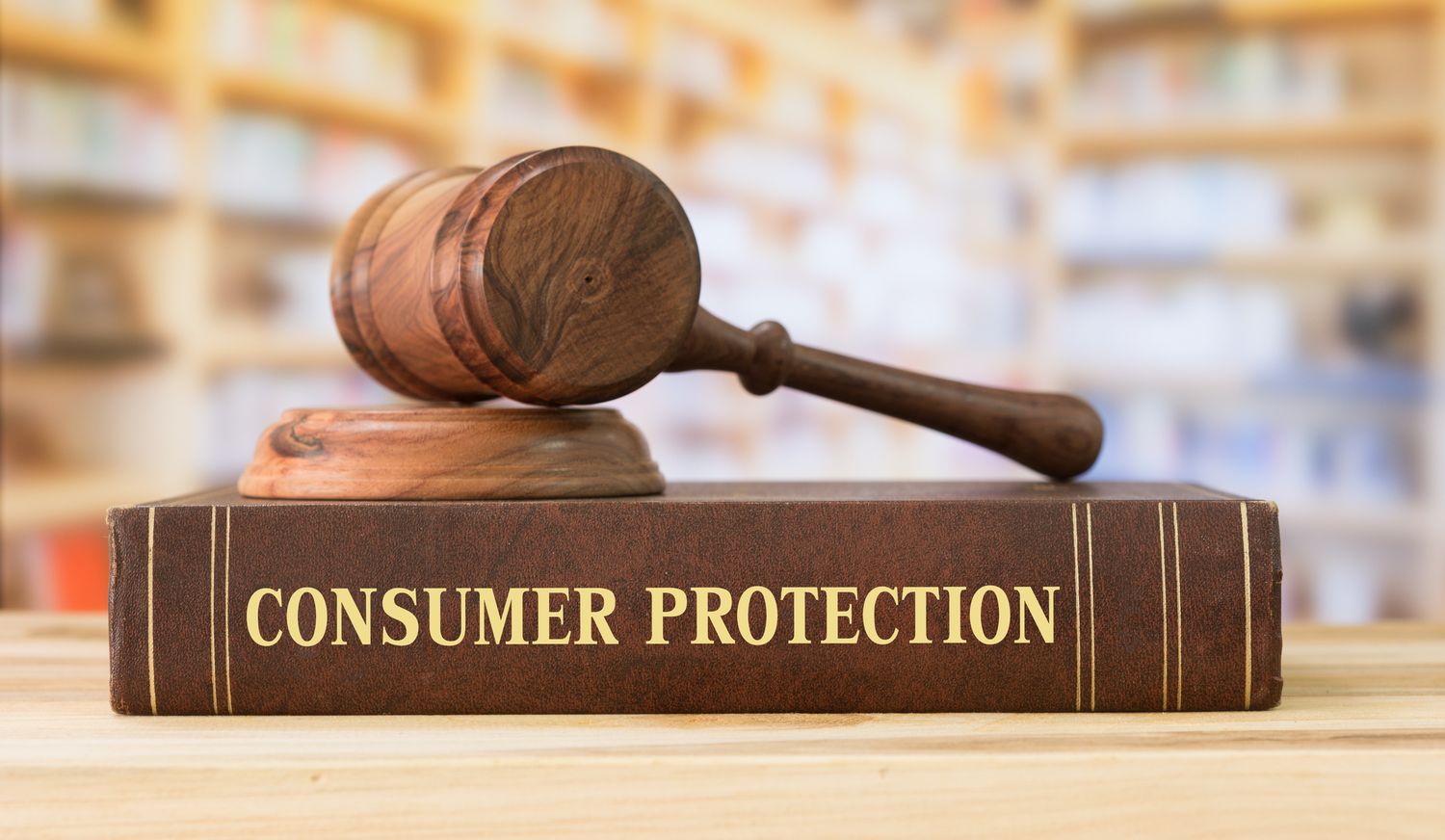
Consumer protection is all about keeping buyers safe from unfair practices. Ever wondered why you can return a faulty product or get a refund? That's consumer protection at work. Governments and organizations create rules to ensure businesses treat customers fairly. These rules cover everything from advertising to product safety. Imagine buying a toy that breaks easily or a phone that doesn't work as promised. Without consumer protection, you'd be stuck. Knowing your rights helps you make better choices and avoid scams. Ready to learn more? Here are 20 facts that will make you a savvy shopper!
Understanding Consumer Protection
Consumer protection ensures that buyers of goods and services are safeguarded against unfair practices. This concept is vital for maintaining trust in the marketplace. Here are some intriguing facts about consumer protection.
-
Consumer Rights: Consumers have rights to safety, information, choice, and to be heard. These rights form the foundation of consumer protection laws worldwide.
-
First Consumer Protection Law: The first known consumer protection law dates back to ancient Babylon, around 1754 BC. The Code of Hammurabi included rules against fraud and unfair trade practices.
-
Consumer Protection Agencies: Many countries have dedicated agencies for consumer protection. For example, the Federal Trade Commission (FTC) in the United States and the Competition and Markets Authority (CMA) in the UK.
-
Product Safety: Consumer protection laws often include regulations to ensure product safety. This means products must meet certain standards before they can be sold.
-
False Advertising: Laws against false advertising protect consumers from misleading claims about products or services. Companies can face hefty fines for violating these laws.
The Role of Consumer Protection in Digital Age
With the rise of online shopping, consumer protection has become even more crucial. Digital transactions present unique challenges and opportunities for safeguarding consumers.
-
Data Privacy: Protecting consumer data is a significant aspect of modern consumer protection. Laws like the General Data Protection Regulation (GDPR) in Europe set strict guidelines for handling personal data.
-
E-commerce Regulations: Online retailers must comply with specific regulations to protect consumers. These include clear return policies, transparent pricing, and secure payment methods.
-
Scam Prevention: Consumer protection agencies work to prevent online scams. They provide resources and support for consumers who fall victim to fraud.
-
Digital Contracts: Digital contracts must be clear and understandable. Consumers should know what they are agreeing to when they click "I agree" on terms and conditions.
-
Consumer Reviews: Authentic consumer reviews are protected under consumer protection laws. Fake reviews can mislead buyers and are often illegal.
Global Perspective on Consumer Protection
Consumer protection varies around the world, but the goal remains the same: to ensure fair treatment and safety for consumers.
-
United Nations Guidelines: The United Nations has guidelines for consumer protection that member countries are encouraged to follow. These guidelines cover areas like product safety, fair trade, and consumer education.
-
Consumer Protection in Developing Countries: Developing countries face unique challenges in consumer protection, such as limited resources and enforcement capabilities. However, many are making strides to improve consumer rights.
-
Cross-Border Shopping: International consumer protection laws help safeguard consumers who shop across borders. Organizations like the International Consumer Protection and Enforcement Network (ICPEN) facilitate cooperation between countries.
-
Consumer Education: Educating consumers about their rights is a key aspect of consumer protection. Many agencies run awareness campaigns to inform the public.
-
Environmental Impact: Modern consumer protection also considers the environmental impact of products. Regulations may require companies to disclose information about the sustainability of their products.
Consumer Protection in Financial Services
Financial services are a critical area where consumer protection is essential. Misleading practices in this sector can have severe consequences for consumers.
-
Banking Regulations: Banks must follow strict regulations to protect consumers. These include transparency in fees, interest rates, and terms of service.
-
Credit Card Protection: Credit card companies are required to protect consumers from fraud. This includes monitoring for suspicious activity and providing zero-liability policies for unauthorized transactions.
-
Loan Transparency: Lenders must clearly disclose the terms of loans, including interest rates and repayment schedules. This helps consumers make informed decisions.
-
Insurance Regulations: Insurance companies are regulated to ensure they provide fair and transparent services. This includes clear policy terms and prompt claims processing.
-
Financial Education: Many consumer protection agencies offer financial education programs. These programs help consumers understand their rights and make better financial decisions.
Final Thoughts on Consumer Protection
Consumer protection laws are essential for safeguarding buyers from unfair practices. They ensure that products meet safety standards, provide accurate information, and offer recourse if things go wrong. Knowing your rights can save you from scams and faulty goods. Always read the fine print, keep receipts, and report any suspicious activities. Governments and organizations work tirelessly to update these laws, adapting to new challenges in the marketplace. Staying informed helps you make better decisions and protects your hard-earned money. Remember, knowledge is power. By understanding consumer protection, you contribute to a fairer, safer market for everyone. So, next time you shop, think about the protections in place and use them to your advantage. Stay vigilant, stay informed, and shop smart.
Was this page helpful?
Our commitment to delivering trustworthy and engaging content is at the heart of what we do. Each fact on our site is contributed by real users like you, bringing a wealth of diverse insights and information. To ensure the highest standards of accuracy and reliability, our dedicated editors meticulously review each submission. This process guarantees that the facts we share are not only fascinating but also credible. Trust in our commitment to quality and authenticity as you explore and learn with us.


